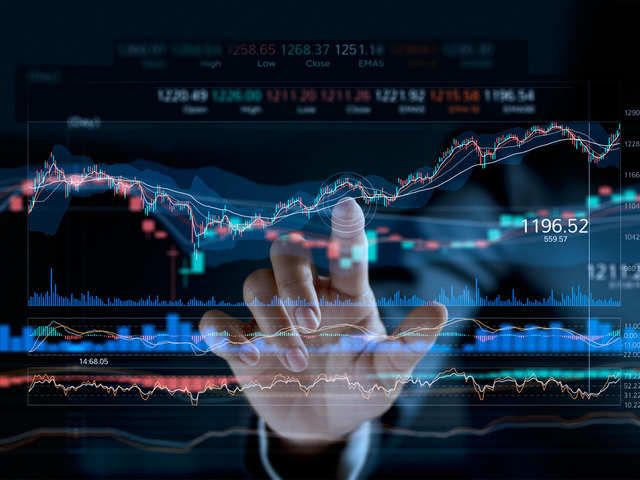Forex risk management allows you to put a system of rules and controls to ensure that any unfavorable consequences of a forex trade are contained. Because it’s ideal to have a risk management plan in place before you start trading, a good approach necessitates proper planning from the start.
Risk of forex trading
- Currency risk refers to the danger of overseas asset purchases becoming more or less expensive due to fluctuations in currency pricing.
- Interest rate risk refers to the possibility of interest rates rising or falling unexpectedly, affecting volatility. FX prices are affected by interest rate changes because, depending on the direction of the rate shift, the level of spending and investment across an economy will increase or drop.
- The risk of being unable to acquire or sell an asset quickly enough to avoid a loss is known as liquidity risk. Even though forex is a relatively liquid market, there can be periods of illiquidity dependent on the currency and government foreign exchange policies.
- When trading on margin, you risk having your losses multiplied. Because the initial investment is less than the value of the FX deal, it’s simple to overlook the amount of money you’re risking.
How to Manage Forex Trading Risk
- First Learn how to trade in the fx market
GBP, USD, JPY, AUD, CHF, and ZAR are just some of the currencies traded in the forex market. The forces of supply and demand are the primary drivers of forex, often known as foreign exchange or FX.
Forex trading operates in the same way that any other exchange does: you buy an asset with a currency, and the market price tells you how much of one currency you’ll need to buy another.
The base currency is the first currency to appear in a forex pair quotation, while the quote currency is the second. The quoted currency will always be the price displayed on a chart; it represents the amount of the quoted currency required to acquire one unit of the base currency.
- Understand the concept of leverage
When you use spread bets or CFDs to speculate on forex price changes, you are trading on leverage. With a tiny initial commitment – known as margin – you can acquire full market exposure.
While there are advantages to trading on leverage, there are also drawbacks, such as the danger of increased losses.
In forex trading, leverage allows the investor to control something large with a tiny investment.
In forex trading, leverage is a short-term loan from your broker that allows you to manage huge holdings with less cash.
The forex market may appear monotonous to beginning investors because exchange rates move slowly, especially when compared to the stock market. But it is “Leverage” that makes the currency market the world’s most liquid and opportunity-rich market.
- Make an effective trading strategy
By serving as your decision-making tool, a trading plan can make FX trading easier. It might also assist you in keeping your cool in the tumultuous currency market. The goal of this strategy is to provide answers to key questions including what, when, why, and how much to trade.
Your forex trading strategy must be unique to you. It’s pointless to duplicate someone else’s strategy because they’re likely to have distinct aims, attitudes, and ideas. They will almost probably devote a varied amount of time and money to trading as well.
Another tool you may use to keep track of everything that happens when you trade is a trading diary. This can include anything from your entry and exit positions to your mental condition at the time.
- Use stops and limits
Because the forex market is so volatile, it’s critical to decide on your trade’s entry and exit points before you initiate a position. Various pauses and restrictions can be used to accomplish this: If the market moves against you, regular stops will immediately close your position. However, there is no guarantee that you will not slip.
Guaranteed stops are always closed out at the price you specify, removing the possibility of slippage. If the market turns against you, trailing stops will follow positive price movements and close your position.
Limit orders will track your profit objective and close your trade when the price reaches the level you specify.
- Trade forex with control emotions
The FX market’s volatility may also mess with your emotions, and you are the most important component in the success of any trade you make. Fear, greed, temptation, doubt, and worry are all emotions that can either urge you to trade or obscure your judgment. In any case, allowing your emotions to influence your decision-making could negatively impact the outcome of your trades.
Forex trading requires careful risk management. To trade like an expert, you must understand How to manage risk in forex trading. You may do so by enrolling in the Capital varsity forex trading course, which will teach you all you need to know about risk management in forex trading. After completion of this course, you will be able to handle risk on your own.

